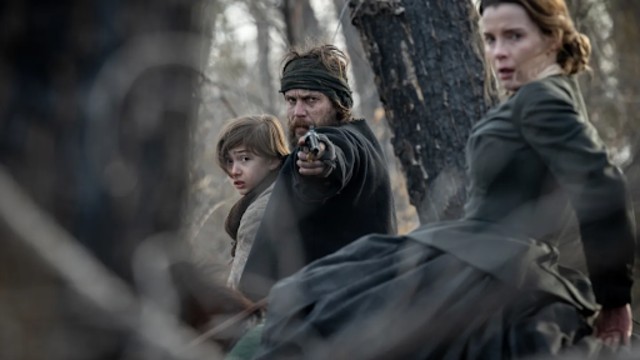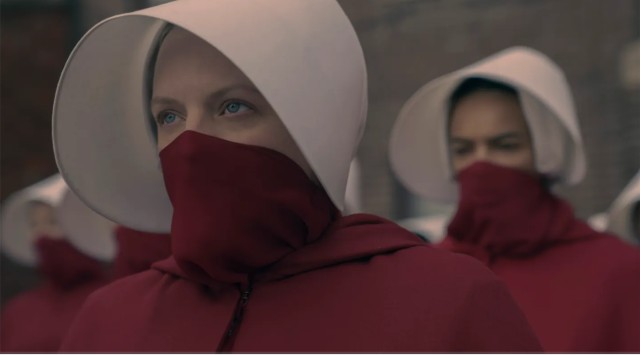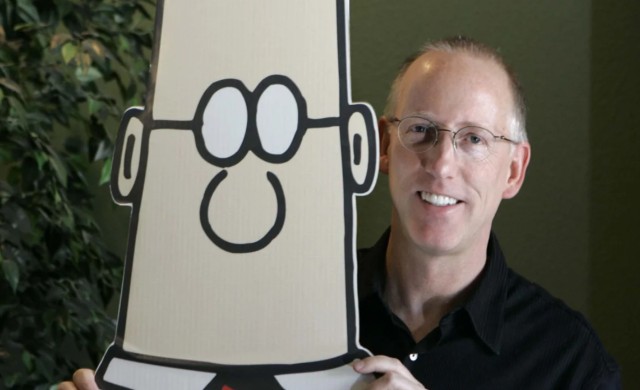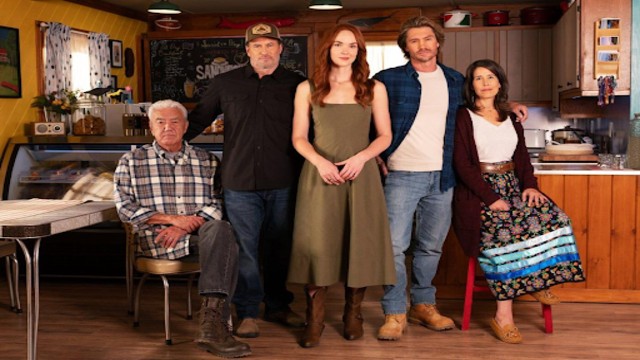
Preston Mota, Taylor Kitsch and Betty Gilpin in 'American Primeval.' Matt Kennedy/NETFLIX © 2023
Netflix’s American Primeval is a six-episode miniseries set in 1857 Utah, delving into the harsh, brutal reality of the American West during a time of intense conflict. The story, created by Mark L. Smith (known for The Revenant) and directed by Peter Berg, paints a bleak portrait of human nature and survival. The series brings together an ensemble cast, including Taylor Kitsch, Dane DeHaan, and Lucas Neff, to explore the tensions between Mormon settlers, Native American tribes, the U.S. Army, and pioneers.
The series opens with Sara Rowell (Betty Gilpin) and her son Devin (Preston Mota) arriving at Fort Bridger, a neutral post in the Utah Territory. There, they meet Jim Bridger (Shea Whigham), who warns them about the brutality of life in the wilderness. Sara plans to meet her husband deeper in the country, but when her convoy is delayed, Bridger arranges for her to join a group of Mormons led by Jacob Pratt (Dane DeHaan) and his wife Abish (Saura Lightfoot Leon). As their journey unfolds, the group is drawn into the chaos of the Mountain Meadows Massacre, an event driven by Mormon militias and Shoshone warriors. From here, the Rowells find themselves pursued by both the Mormons and bounty hunters, including one led by Jai Courtney’s Virgil.
As the violence escalates, the Rowells encounter Isaac (Taylor Kitsch), a rugged mountain man, and Two Moons (Shawnee Pourier), a mute Shoshone girl, who become their unlikely allies. While Sara and Devin are not necessarily seeking a new life, they are desperate to escape the dangers that surround them.
American Primeval offers a visceral, gritty portrayal of life in the 19th-century American West, capturing the brutality of the time with a clear-eyed, unflinching approach. Berg’s direction brings intensity to the familiar Western genre, particularly in the tense, chaotic depiction of the Mountain Meadows Massacre. His skill in handling Western tropes adds depth to the series, elevating it above many similar shows in the genre.
The show’s emotional weight comes from the relentless violence and suffering that its characters endure, with a focus on survival at any cost. While this approach is compelling at times, it risks becoming monotonous as the series progresses. The constant threat of violence, including scalping and sexual assault, overshadow the development of the characters, reducing them to mere pawns in a story about brutality and revenge.
Though American Primeval is a product of its time, its portrayal of Mormons and Native American characters is likely to draw criticism. The series does not delve deeply into the nuances of these groups, offering simplified portrayals that lack depth. The show’s depiction of the U.S. Army is similarly one-dimensional, with military figures shown as ineffective and pompous.
Despite these flaws, the performances of the cast stand out. Gilpin’s portrayal of Sara offers a glimpse of proto-feminist strength, while Kitsch’s Isaac brings a stoic, Eastwood-esque heroism. The series’ bleak tone and themes of survival, isolation, and brutality may resonate with fans of darker Western dramas. However, its relentless focus on nihilism ultimately leaves little room for the character development or emotional depth that might have made it more impactful.
In the end, American Primeval doesn’t offer many new insights into the Old West. The finale, while intense, serves as a predictable conclusion to the cycle of violence and despair that the series relentlessly portrays. It’s a brutal and uncompromising look at a harsh time, but one that might leave viewers feeling that it’s all a bit too familiar.















